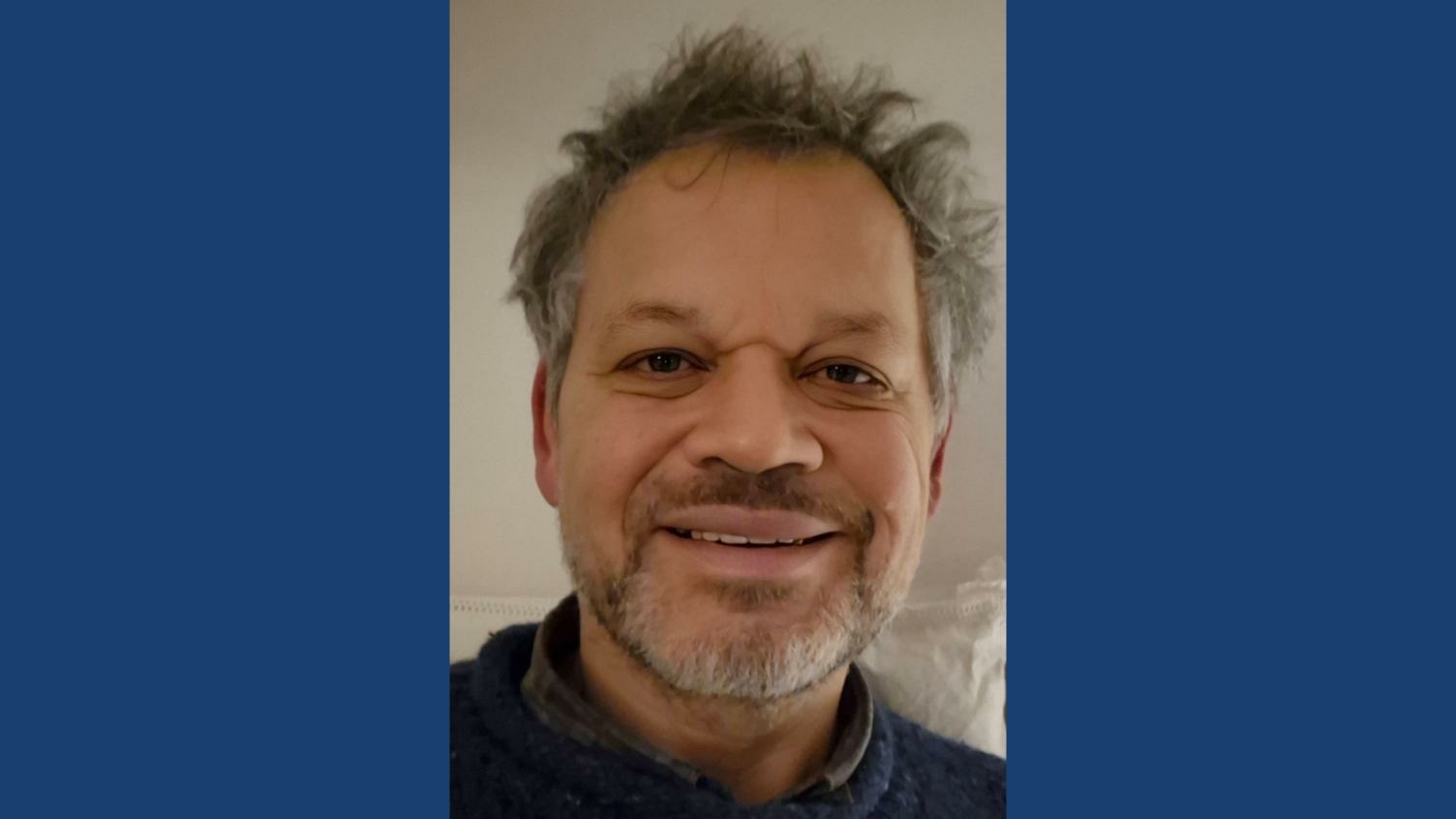South London research professional talks about his career
- 8 November 2023
- 3 min read
South London research professional talks about his career.
Read about Mark Brandon-Grove's path in research.
We spoke to Mark Brandon-Grove, Head of Clinical Research Performance and Quality at The Royal Marsden NHS Foundation Trust, about his research career for the NIHR's Shape the Future campaign. The campaign aims to celebrate and recognise NHS staff who make research possible.
How did you first get involved in research?
My research career started in 2008, working for the Government Office for the West Midlands. I was responsible for conducting research on drug and alcohol action teams and community tension monitoring (a mixed bag!). I moved entirely into clinical research in 2011, joining the NIHR Comprehensive Local Research Network West Midlands (South).
What is your role in research, and how do you support research delivery?
I am Head of Clinical Research Performance and Quality at The Royal Marsden NHS Foundation Trust, with responsibility also for our academic partner The Institute of Cancer Research. My role is to ensure the safe and efficient delivery of a portfolio comprising more than 900 clinical research studies that recruit over 5,000 patients per year. I look after a team of almost 30, broadly responsible for research approvals and quality management. We help provide hope and options to cancer patients through research.
What has been the highlight of your research career so far?
Too many to choose from! I've worked in many different healthcare settings across the NHS, in addition to roles in industry and in medical research charities, each of which has brought challenges, opportunities and new insights. The ability to grow and learn is an ongoing highlight. However, if I had to choose one moment, presenting a keynote speech at a conference in Singapore on how to enable and empower nurses to undertake the role of Principal Investigator in research was a major highlight!
What skills do you think are needed for a career in research?
The ability to get things done in research is a key skill. There will always be too much to do and stretching time pressures, so keeping a clear head and prioritising effectively to deliver the required results is important. In addition, research is a team sport - developing and nurturing your team and colleagues is essential, creating an environment of psychological safety where everyone can thrive.
Why should other healthcare professionals consider a career in research?
Research delivers tomorrow's healthcare today. It is a rewarding career that keeps you ahead of major developments, which positively impact patient outcomes. It is so satisfying to see the latest breakthroughs in the news and to know that you made a small contribution to that achievement - I feel great pride when I see the strides being made in cancer treatment in particular. In addition, it is great to see the incredible real-world impact of decades of HIV/AIDS research. If you are curious, comfortable with ambiguity, and ambitious, this could be your career!
What are your plans and ambitions for the future?
To make it easier to deliver research - we have well-developed plans to streamline our research approvals pathway, build new business intelligence tools to monitor and manage performance and activity and prepare for a new golden age of data-driven research informed by advances in machine learning. We also plan to be louder in celebrating and communicating our successes to recognise everyone's contribution.
Is there anything else you'd like to add?
I had no real plan to enter the research world - I was just looking for a job! What a world it is! There is a supportive and tight-knit community that works quietly and diligently to deliver improvements to patient care across the NHS. I am grateful to all the friends I have made and mentors who have helped me to develop - wonderful people doing a tough job in often challenging circumstances, united by kindness and optimism for the future.
You can find out more about the Shape the Future campaign on the NIHR's website.


